Electric Bikes vs. Traditional Bikes Which is Ready Better

Electric bikes have become more popular in urban areas over the past few years. Electric bikes are growing in popularity for some reasons, including their ability to reduce carbon emissions and as a practical alternative to public transport.
You may be wondering, "How are electric bikes different from traditional bikes?" if you're considering joining the electric bike craze. While traditional bikes aren't going out of style anytime soon, there are good reasons why many people today opt for versions with lithium-ion batteries.
Are electric bikes living up to the hype? We'll break down the key differences between electric bikes and traditional bikes so you can make an informed decision.
Electric Bikes vs. Traditional Bikes: The Main Differences
Exterior
Electric bikes aren't as cumbersome as their name suggests. In fact, at first glance, an electric bike might look identical to a normal bike.
The battery of an electric bike is usually hidden inside the frame. From the handlebars to the saddle to the wheels, electric bikes look pretty much the same as traditional bikes.
Although electric bikes tend to weigh around 40 or 50 pounds, they're just as bulky as traditional bikes. About the same weight as a vintage bike
Machinery and Maintenance
The ease of installation of an electric bike is a major concern for potential buyers. Given the novelty of electric bikes, can you take them to your local bike shop?
Yes, usually. Electric bikes may have a motor and a battery, but other than those two components, they function like standard bikes. Fixing issues like a broken chain or gear shouldn't be any more difficult with an electric bike, especially for a skilled bike mechanic.
Most electric bike manufacturers offer warranties, but you usually have to order parts like the motor and battery directly from the manufacturer. This should offset the extra spending.
riding speed
The ability to travel greater distances at faster speeds when riding an electric bike is the main selling point of these vehicles.
Electric bikes average between 25 and 28 miles per hour, and that's not even the best part. Even if you're a new rider, you can handle difficult trails with a pedal assist because it makes it easier to go up and down hills and around other obstacles.
Due to their higher top speeds, electric bikes can drastically reduce your potential mileage. The average person's top speed is about 15 mph, so it won't last for long distances. To get where you need to go on your bike as quickly and efficiently as possible, you should try to increase your riding speed to match the speed of the surrounding traffic.
In most cases, it is easier for electric bike riders to bike to work and school than to drive or take public transportation.
healthy
If biking is part of your exercise routine, it's natural to wonder if an electric bike can raise your heart rate. You might think that a traditional bike without pedal assist is the best way to stay in shape, but it's not that simple.
Even with pedal assist, riding an electric bike can provide a good workout and help you gain muscle mass. Traditional bikes do require more effort to ride, but many people prefer electric bikes because they can travel greater distances with less effort.
In short, electric bikes can still be used as a form of exercise, although the intensity of this exercise may vary depending on how often you use assistive devices such as pedal assist. If you switch from a traditional bike to an electric bike, your workout will be less intense, but this can be offset by riding the electric bike more often.
Meet the conditions and traffic rules
Anyone riding an electric bike is required to follow designated bike lanes, wear a helmet, ride in single file, and follow basic traffic laws.
There may be regulations in your area regarding the use of electric bikes. For example, the legal age to ride an electric bike varies by city, with some requiring riders to be at least 14 years old. Even if you don't need a license to ride an electric bike, you may need to register it in your city. Every time you get on an electric bike, check your local regulations to make sure you follow the rules.
Help me! Which one should I choose?
The answer to this question depends on individual needs. The many advantages of electric bikes include:
Effortless long-travel electric bikes allow riders to cover more ground with every pedal stroke. There are health benefits to increasing your physical activity, so long rides are ideal.
Inhaling fresh air while riding an electric bike has been shown to have a positive effect on mood and stress levels.
Environmental benefits: electric bikes are more environmentally friendly than cars and motorcycles because they emit no harmful gases.
Using electric bikes instead of cars or public transport can have a positive economic impact.
Because of the electric motor on the bike, you don't have to pedal as hard on electric bike as you would on a traditional bike.
They offer pleasant comfort: most electric bikes have suspension and padded seats, which make them more comfortable to ride than traditional bikes.
If you rely on your bike for your daily transportation, an electric bike is a way to go. If you're a recreational cyclist who only intends to do short rides in the warmer months, a traditional bike is a way to go.
Another downside of electric bikes is their higher initial purchase price. If you're on a tight budget, the initial investment in a high-quality electric bike can be daunting. You can rent an electric bike from your local rental shop and go out for a spin to see if you like it before deciding on a purchase price.
Here are a few things to keep in mind if you're trying to decide between an electric bike and a traditional bike. The main factor to consider is your intended use of the electric bike. On an electric bike, you can save energy and time on long rides or your daily commute. Plus, electric bikes can make cycling easier and more relaxing, especially if you're not as young or fit as you used to be or if you live in an area with steep hills. Riding an electric bike is perfect when you don't want to push too hard.
On the other hand, if you're not traveling far and just want to hit the park on your bike in the summer, a traditional bike might be a good choice. There's also the matter of price, as electric bikes tend to be more expensive than traditional bikes.

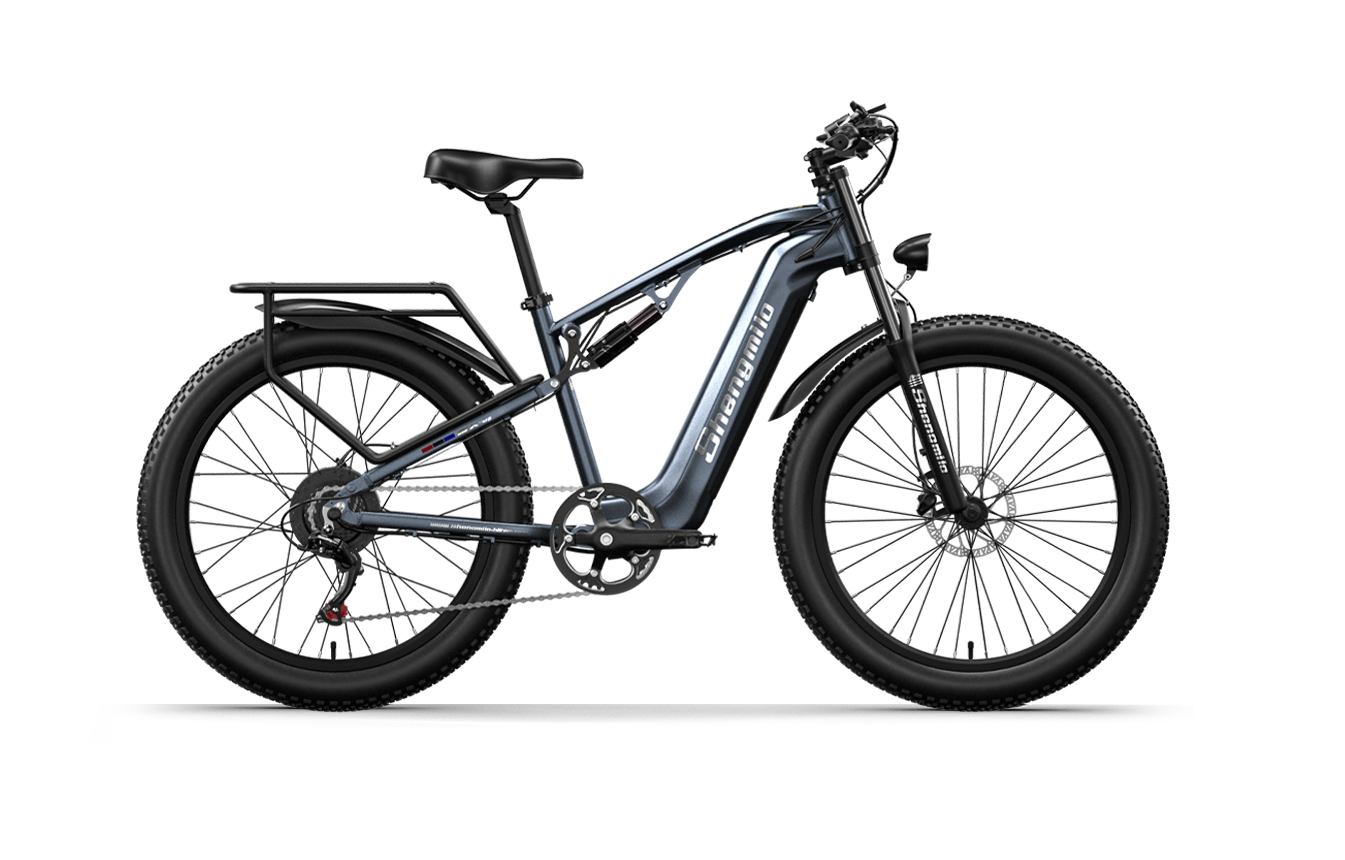
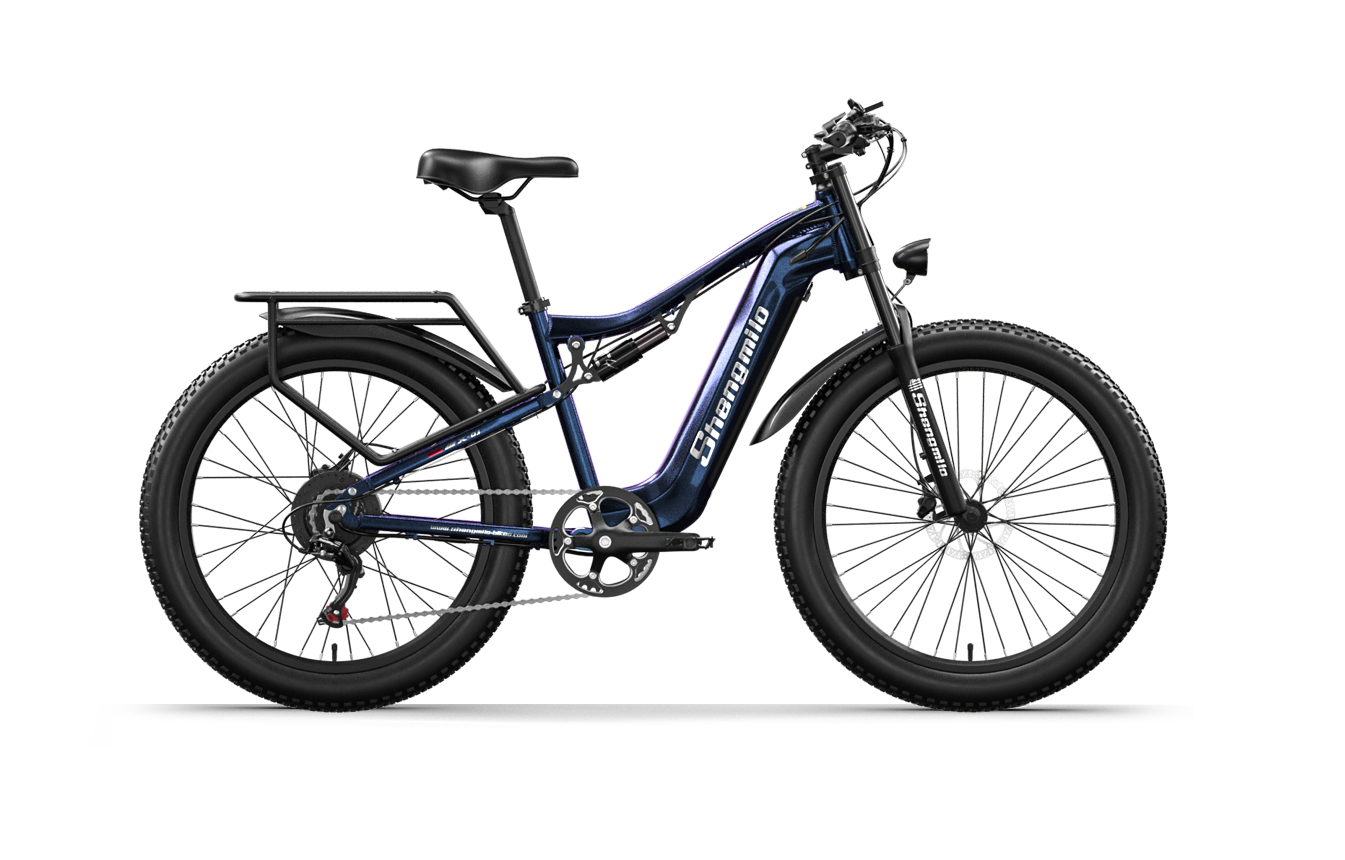
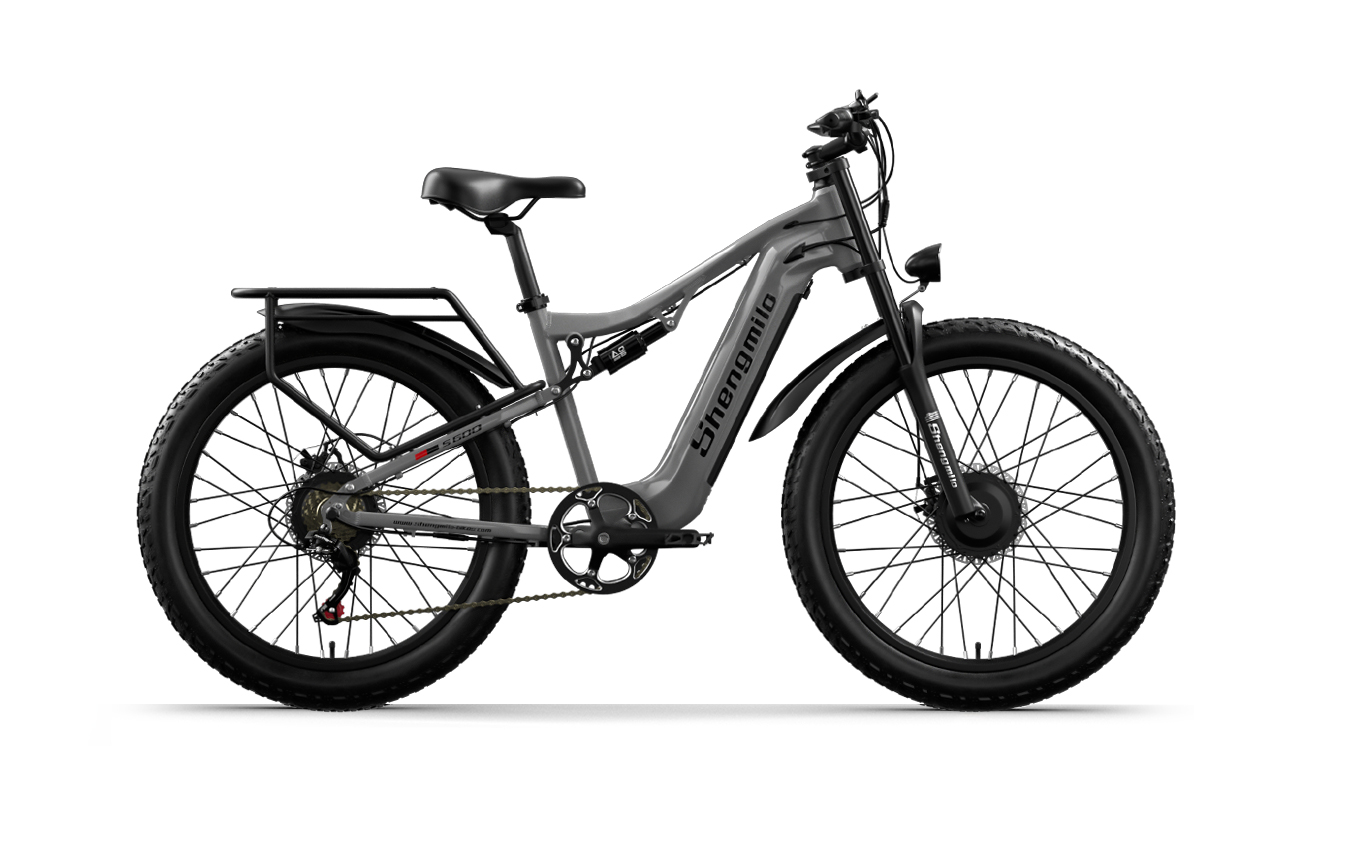
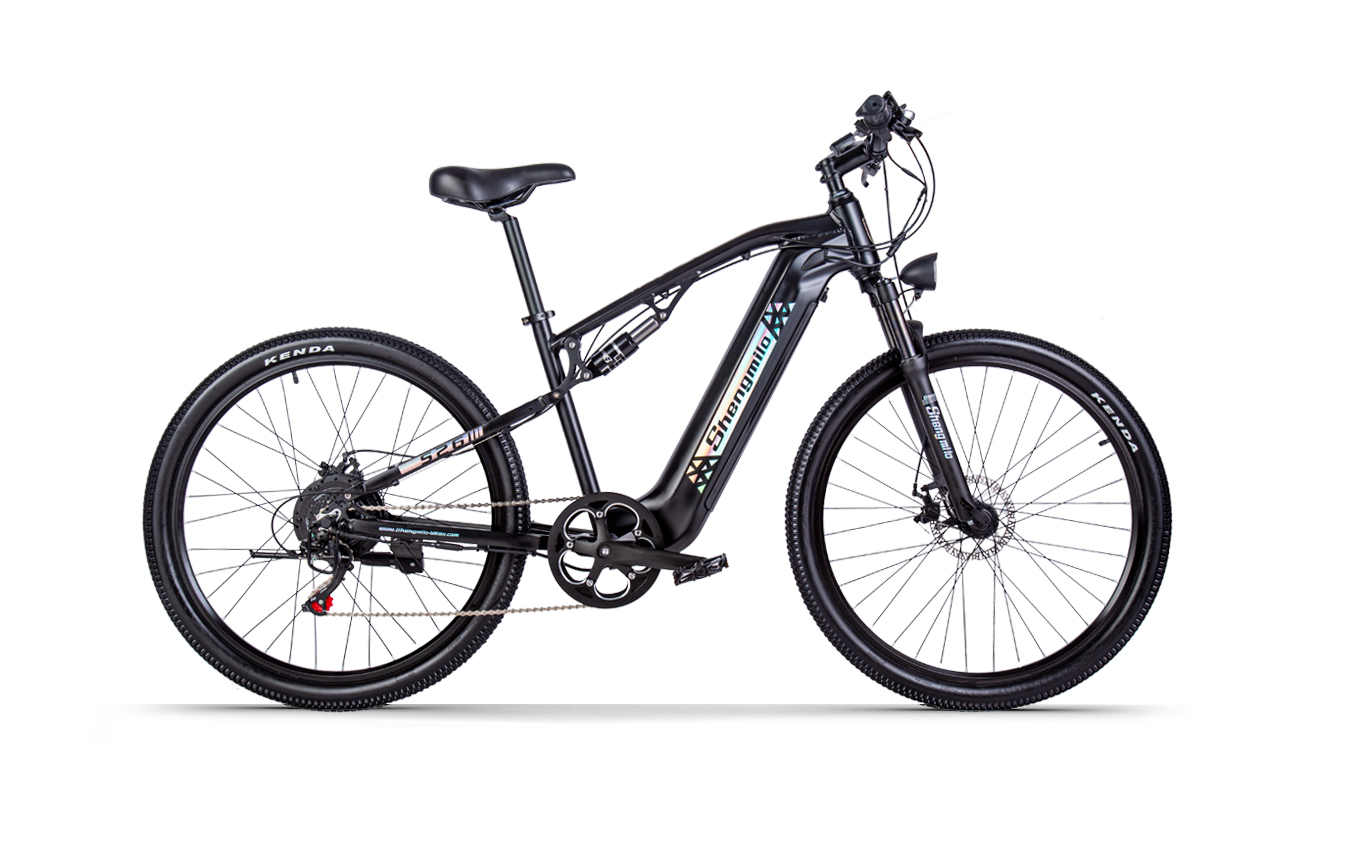
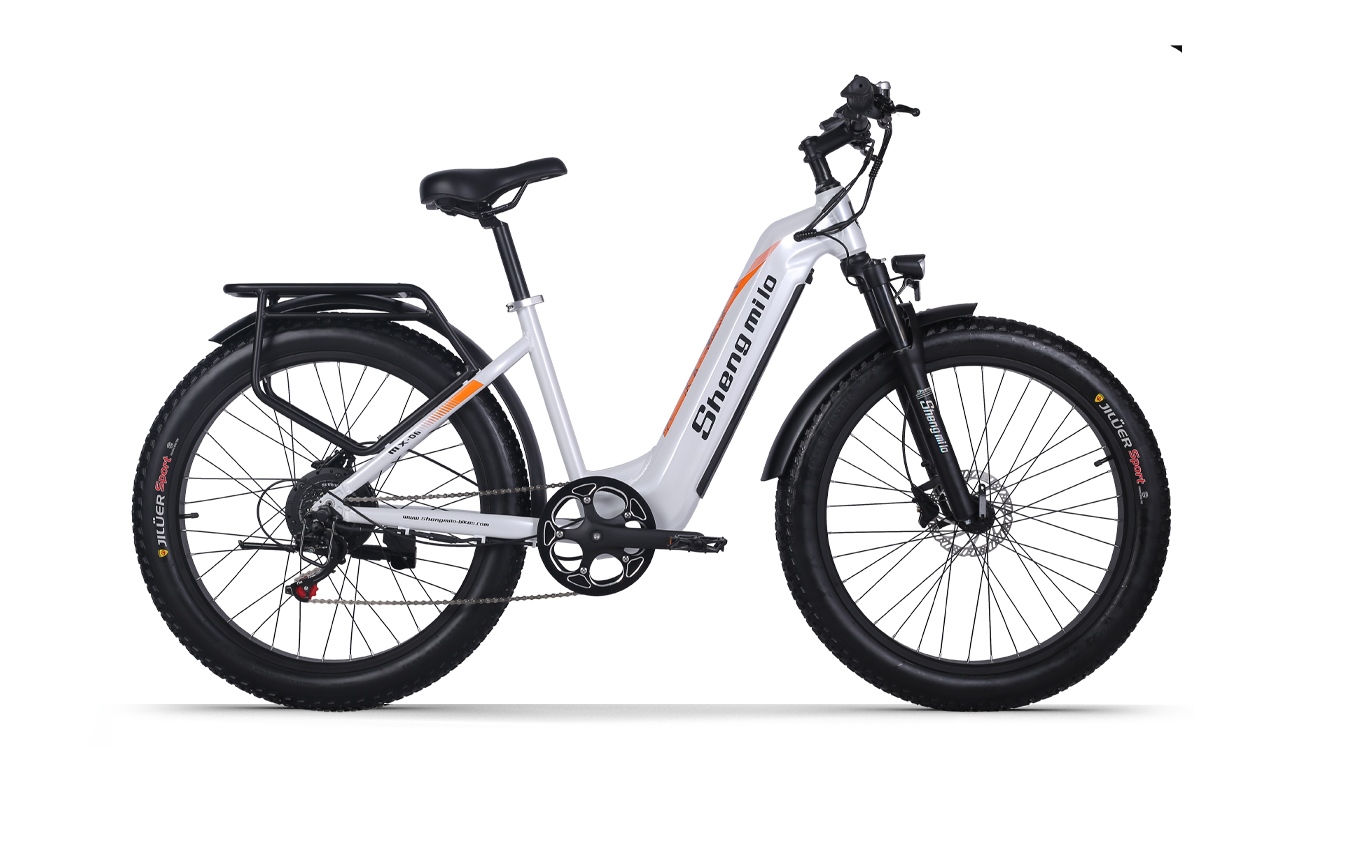
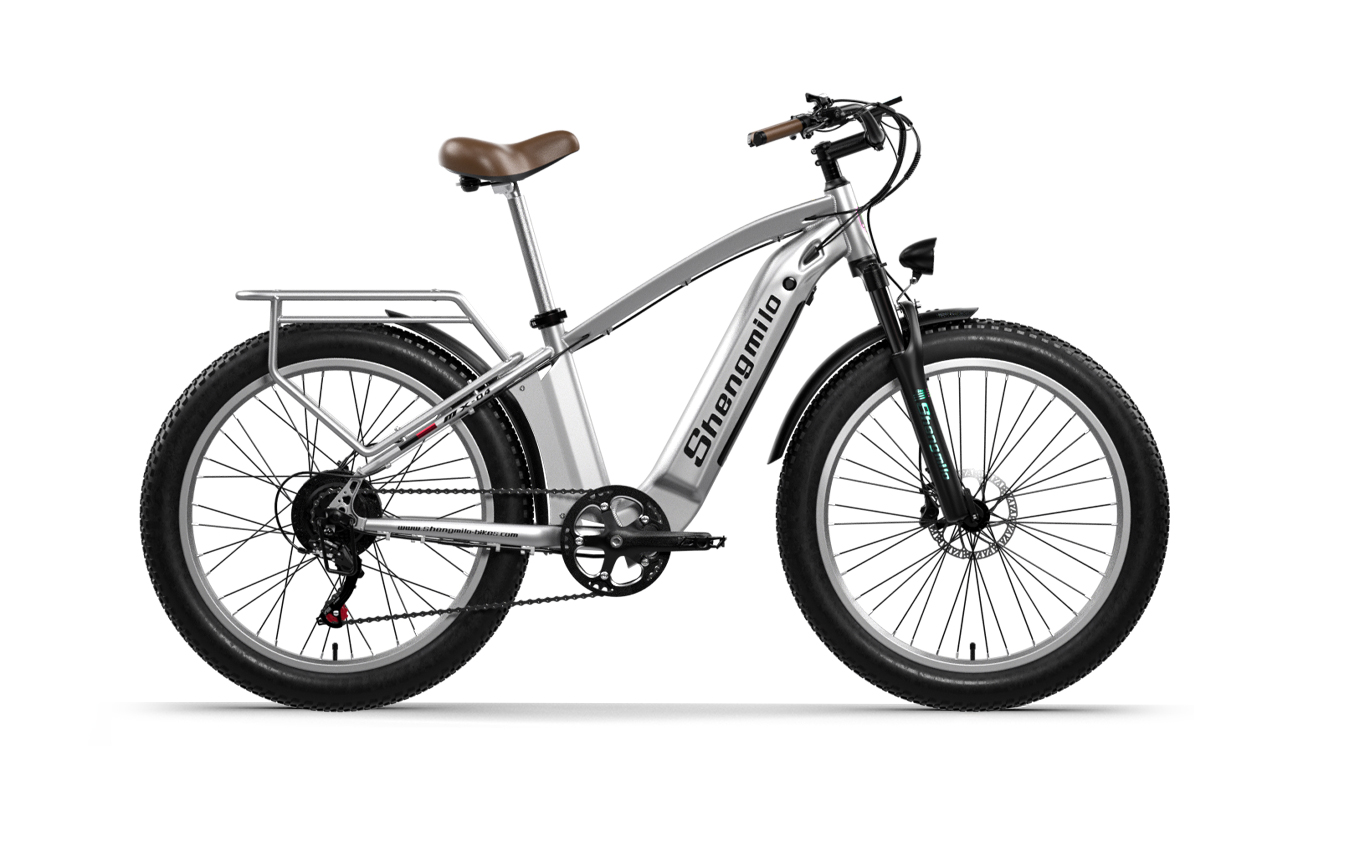
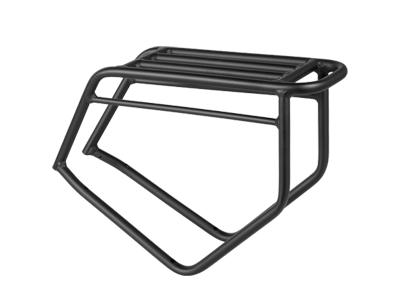
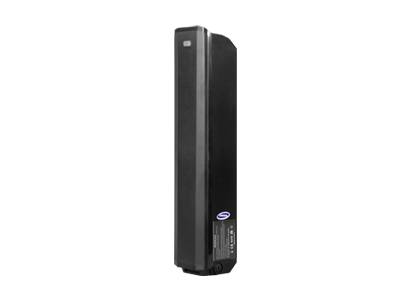
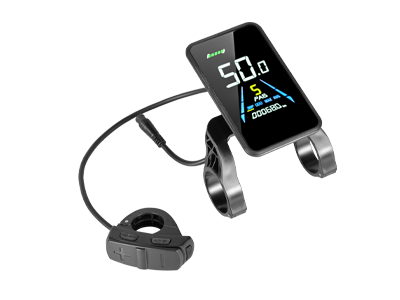
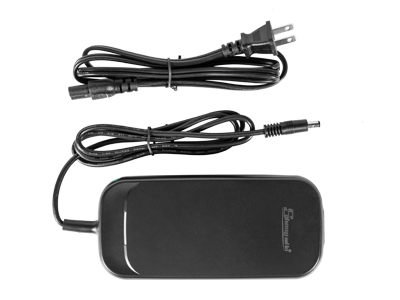
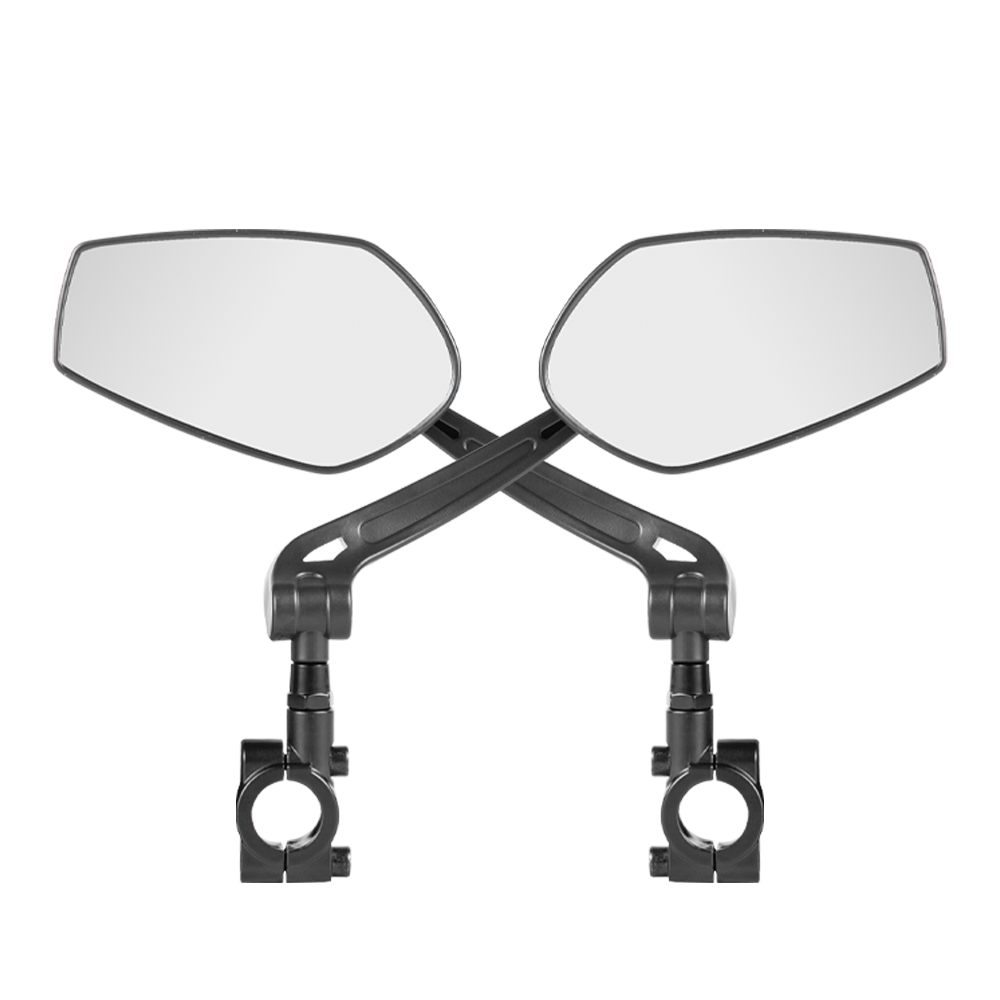
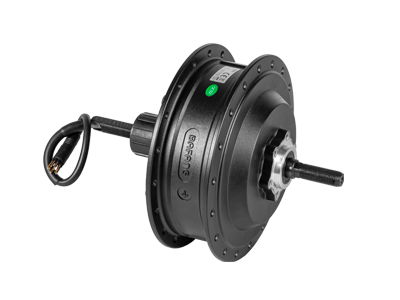
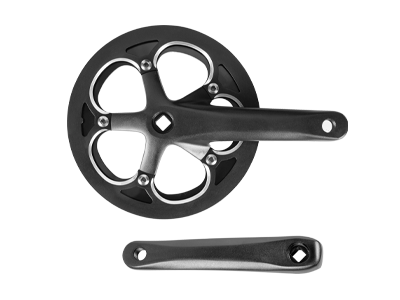
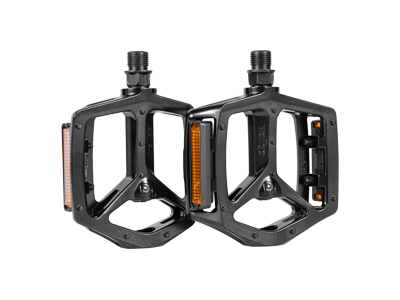
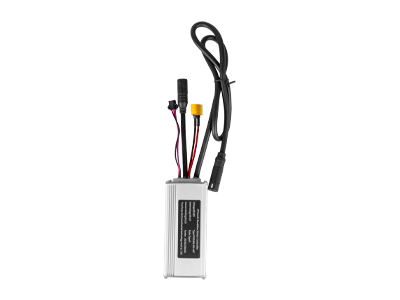
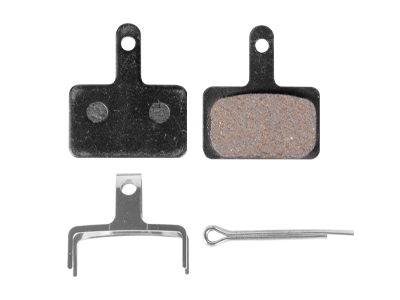
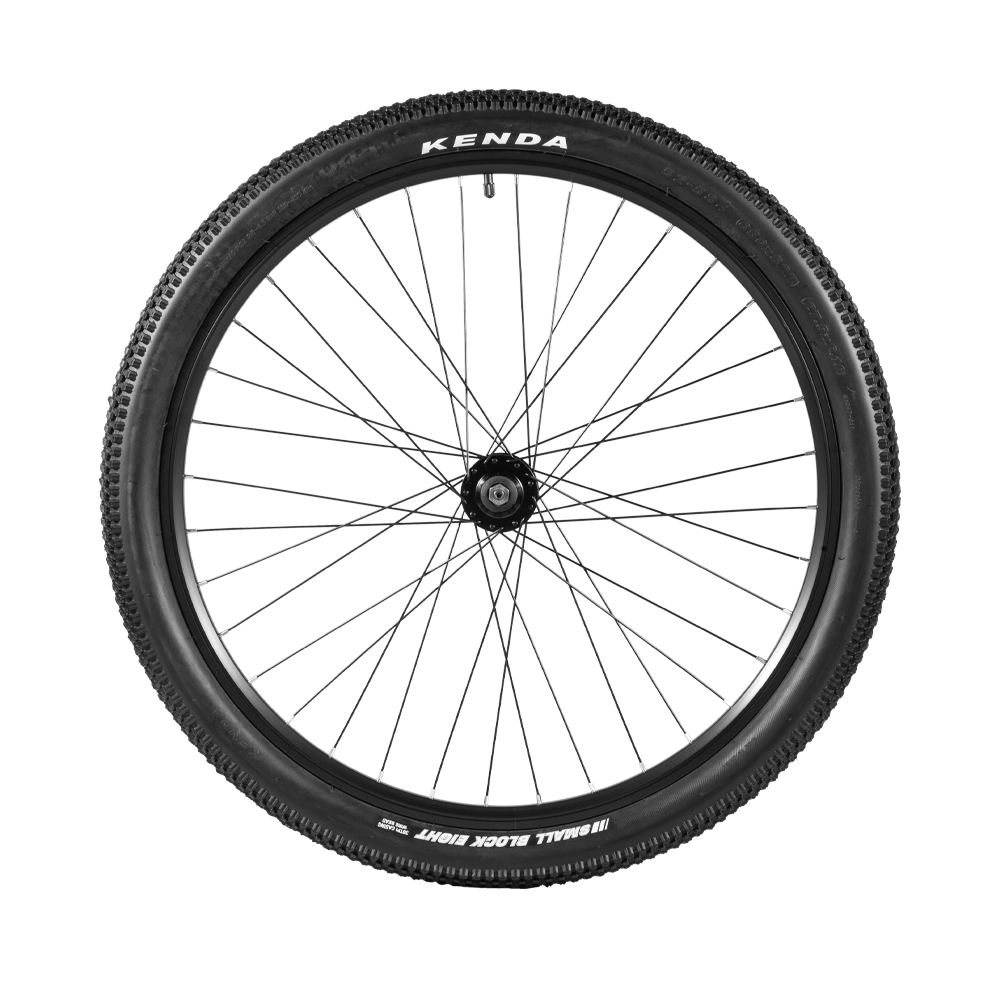






Leave a comment